Festival season hasfailed to cheer home buyers, builders, brokers and other stake holders in the real estate industry.Sales during the period were roughly around 40 percent of what the industry had expected as buyers are no longer jumping to make bookings.
“Realty consumers seem to have retreated with little enthusiasm to engage in high ticket festive shopping,a side-effect of slow income generation and high inflation” Citi said in a recent note.
Customers are staying away from the real estate market due to high interest rates and prices. Uncertainty on the economic and political front added to their worries, eclipsing the festivities.Builders also adjusted their strategy accordingly. Theyrefrained from launching new projects centered specifically around Diwali. They were even hesitant to give discounts as they hurt margins at a time when costs are on the rise and return on equities is subdued.
“Maximising price and not the volume seems to be the dominant strategy,” said Citi.
Only smaller, tier II developers were willing to offer promotional schemes (freebies like modular kitchens, gold coins, cars and foreign holidays) to push themselves onto the consumer’s consideration set of developers.
Sales of DLF, India’s largest real estate developer,fell 43% on year in the September quarter, while Mumbai’s Oberoi Realty and Godrej Propertiessaw a decline of nearly 70 percent, a report in _The Economic Times_pointed out . These big realty majors also did not plan major launches specifically around Diwali as they are not looking tooffer major special festival season schemes.
Sobha and Sunteck also did not offer any discounts around the festive season. Prestige Estates on the other hand advanced the soft launch of its Lakeside Habitat project comprising 3,500 apartments and 300 villas to~10 days before Diwali. The company tried to lure buyers by offering return tickets to Hong Kong Disneyland for 3 lucky bookings in the10 days. Mumbai-basedHDIL too came up with a slew of offers on the occasion of its 35th anniversary celebrations that also coincided with the festival season. For the first 100 bookings for its projects in Mumbai, HDIL is offering a cash discount of Rs350,000 and 4D/3N holiday in Malaysia. For HDIL’s projects in Virar and Palghar, the company will offer a cash discount of Rs35,000 and assured gifts worth Rs10,000 for the first 100 home buyers.
Data by Prop Equity shows inventory levels for the industry are close to 69 months, which is likely to put further pressure on the balance sheet of real estate majors. A recent report by real estate consultancy firm Liases Forasshows that with sales falling sharply, developers have been forced to lower their rates for newly launched projects across cities even though sales of ready projects have more or less remained unchanged.
“The total unsold stock across the six cities is 711.19 million sq feet, the maximum being in NCR, followed by MMR (Mumbai Metropolitan Region) and Bengaluru,” the report said. The inventory pile-up and sluggish sales have forced developers to rethink their pricing strategy for new projects.
“The average price of launch across all six cities is lower than existing price levels,” said Pankaj Kapoor, MD, at Liases Foras. He said that new launches are at least 14 percent cheaper than existing projects offering similar amenities and located in the same area.
According to Santosh Kumar, CEO - operations for Jones Lang LaSalle,property prices have not risen much over the last 19 quarters (from the third quarter of 2008 until the second quarter 2013) across major metros in India. And in Mumbai, residential apartment prices have risen at a modest compounded annual growth rate of 4.3% during this given period.
“If we compare this with the wholesale prices inflation rate, which averaged over 7.0% during the same period, we realise that prices have actually fallen marginally. The situation in other metros such as NCR-Delhi (1.4%), Chennai (3.8%), and Bangalore (5.5%) is not too different. Therefore, it is imperative to keep expectations from a negotiation at a rational level,” he said.
The pain in the industry is also evident from the fact that investors are unable to sell out while several projects continue to remain incomplete since developers are not able to get financing. And distress sales in exterior parts of each city as well as luxury housing is the new order of the day.
But if you were holding your breathwaiting for the bubble to burst, that may go in vain for this can take years.


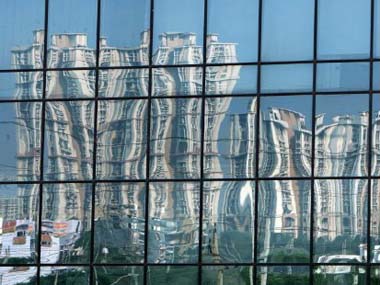)




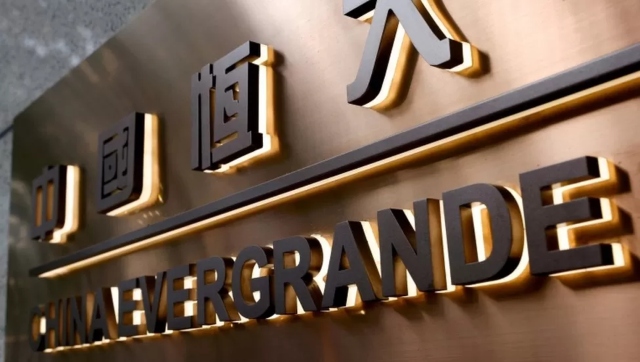)
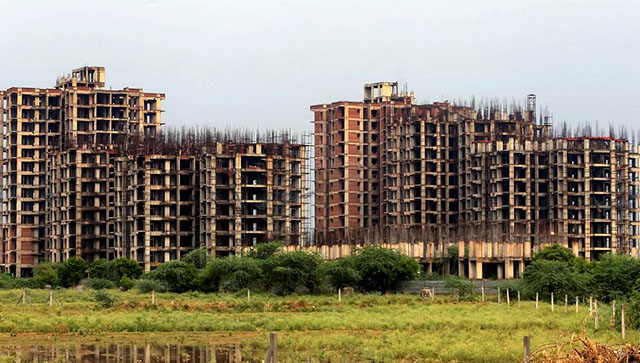)
)
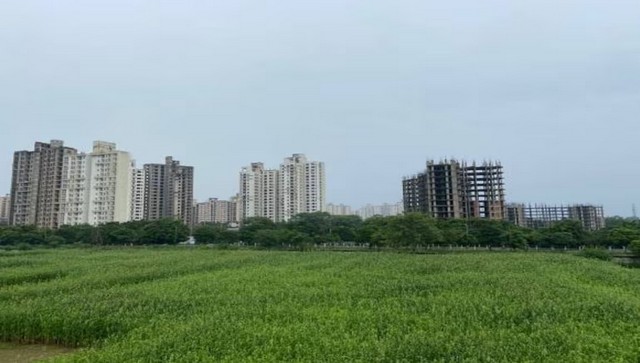)
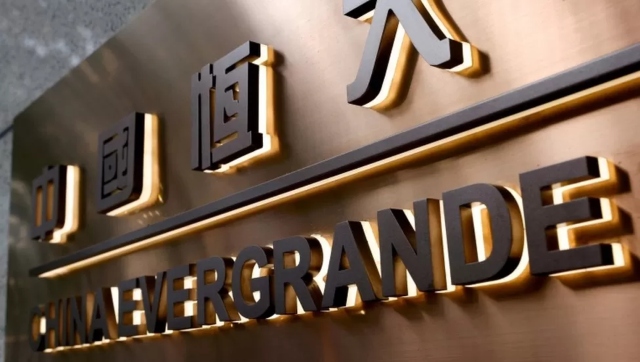)
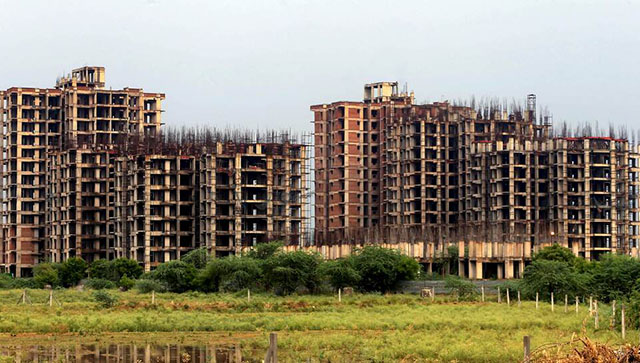)
)
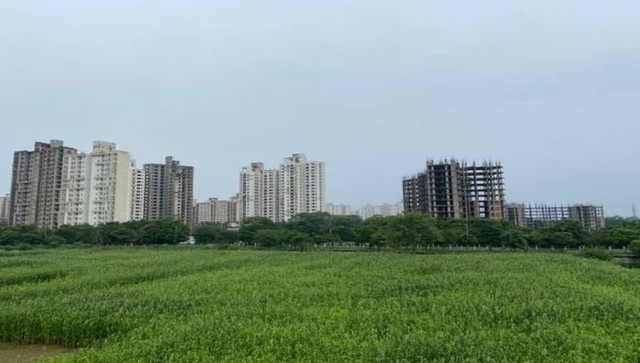)